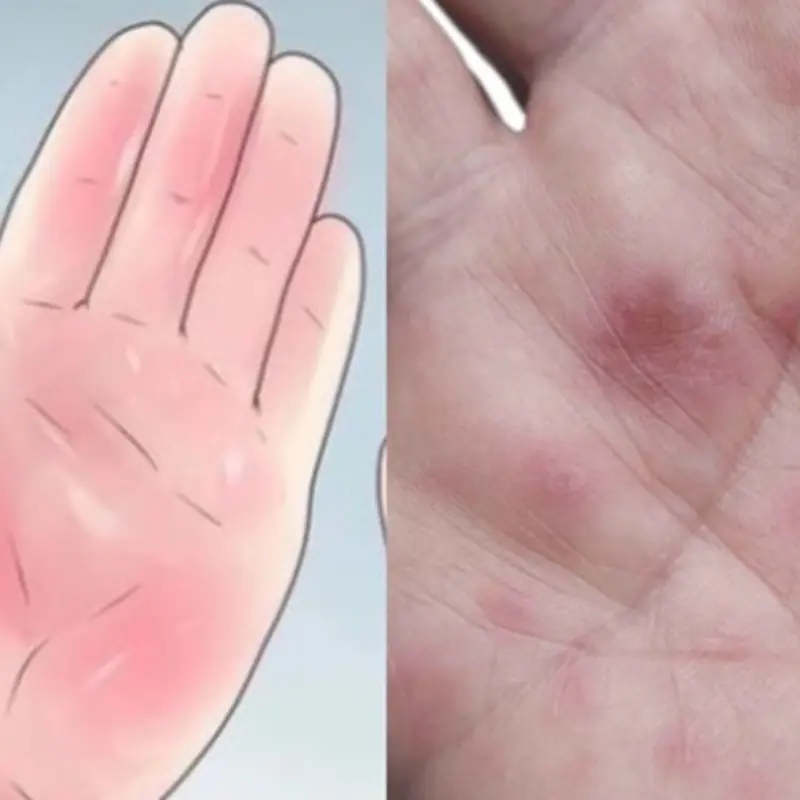
Doctor Warns About Signs of Transient Brain Ischemia: Don’t Ignore These Subtle Symptoms
Transient brain ischemia — often referred to as a "mini-stroke" — may seem harmless because its symptoms are temporary. However, doctors warn that these brief episodes are serious red flags that could signal a much larger stroke is coming.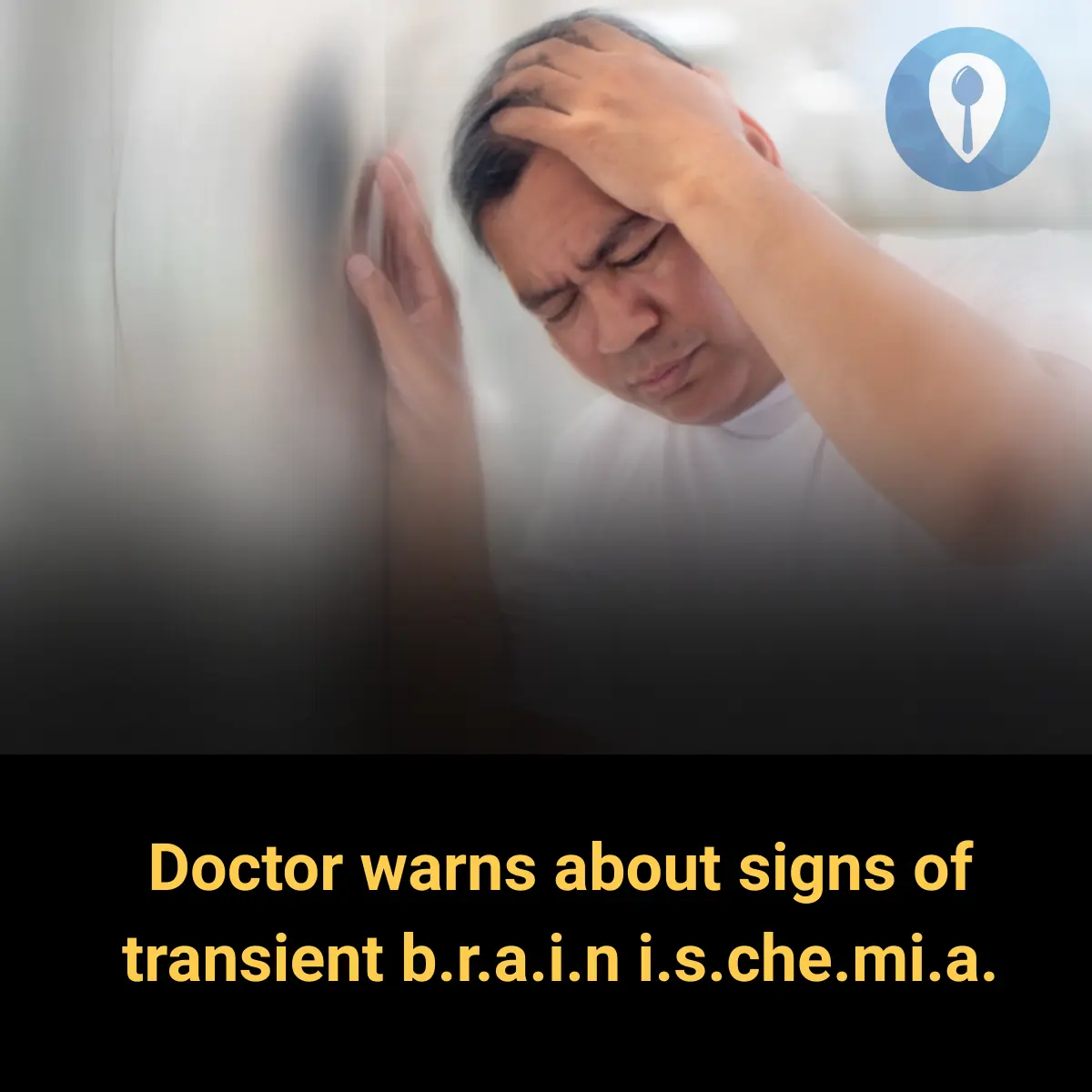
What Is Transient Brain Ischemia?
Transient brain ischemia, medically known as a Transient Ischemic Attack (TIA), occurs when blood flow to a part of the brain is briefly interrupted. Unlike a full-blown stroke, the blockage usually lasts only a few minutes and resolves on its own without causing permanent damage. But that doesn’t mean it’s harmless.
“A TIA is a warning shot,” says Dr. Nguyen Van Minh, a neurologist. “It’s the brain’s way of saying something is wrong. Ignoring it could lead to a life-threatening stroke.”
Key Warning Signs to Watch For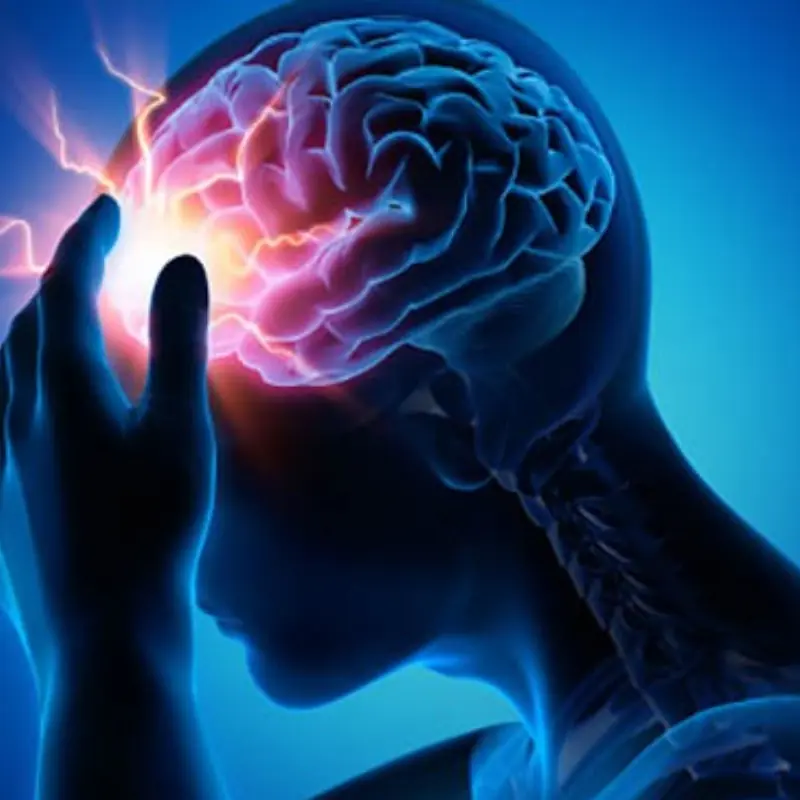
TIAs can be difficult to recognize because the symptoms disappear quickly, often within an hour. Still, early detection is crucial.
Here are the most common signs:
-
Sudden numbness or weakness in the face, arm, or leg, especially on one side of the body
-
Difficulty speaking or understanding speech
-
Sudden vision problems in one or both eyes
-
Dizziness or loss of balance
-
Severe headache with no known cause
These symptoms may last only a few minutes, but they must be taken seriously.
Why It’s So Dangerous
While TIAs don’t cause lasting damage, they are often a precursor to a full stroke. Studies show that 1 in 3 people who experience a TIA will have a stroke — often within days or weeks.
“You should treat every TIA as an emergency,” Dr. Minh emphasizes. “Even if you feel fine afterward, your brain has just experienced a major warning.”
What to Do If You Notice Symptoms
If you or someone near you shows signs of a TIA:
-
Call emergency services immediately. Don’t wait for symptoms to disappear.
-
Note the time the symptoms began — this helps doctors determine the best treatment.
-
Avoid driving yourself — have someone else call for help.
Prevention: How to Lower Your Risk
Doctors recommend the following steps to reduce the chance of a TIA or stroke:
-
Control blood pressure and cholesterol
-
Manage diabetes
-
Quit smoking
-
Eat a healthy diet rich in fruits, vegetables, and whole grains
-
Exercise regularly
-
Limit alcohol and avoid illicit drugs
News in the same category


Should you keep the bathroom door open or shut when it’s not in use? Surprisingly, many people get this wrong.

7 FOODS THAT MAY HELP CAN:CER DIE DON’T WAIT TO EAT THEM

Play Experts reveal that eating bananas in the morning cause
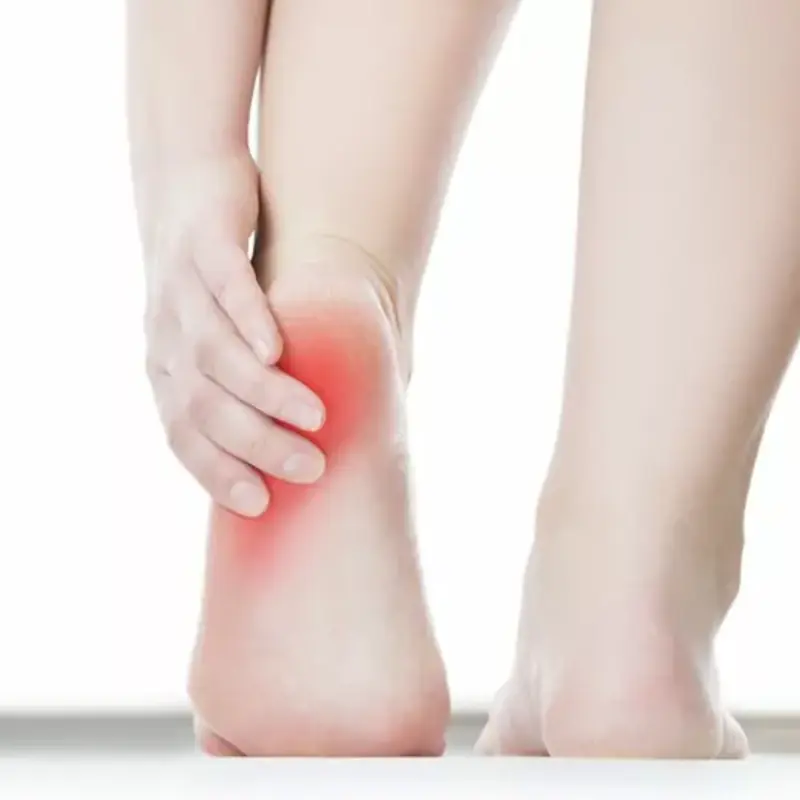
If your heel hurts when you wake up or after standing for a long time, this is what your body is telling you.

Science backs it up: 3 fruits that fight fatty liver, regulate sugar and cholesterol

A 52-Year-Old Woman Di.ed from a Stro.ke: Middle-Aged People, Stop Doing These 7 Things

Doctors’ Warning After a Tragic De.ath: Don’t Drink These 4 Types of Water Before Sleeping Even If You’re Thirsty

Discover Love in the Little Things: Everyday Connections
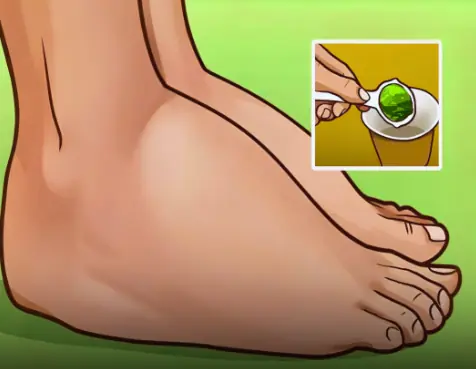
Say Goodbye to Swelling

Proven Health Benefits of Walnuts, How Many to Eat, and More (Science Based)

Doctors reveal that eating APPLES causes...
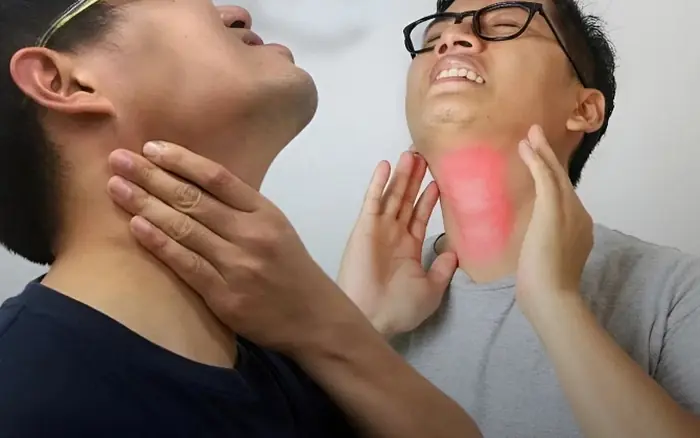
Four Can.cers Discovered After a Sore Thr.oat: A Man Was Shocked to Learn That Despite Regular Exercise, Three Habits Led to His Illness
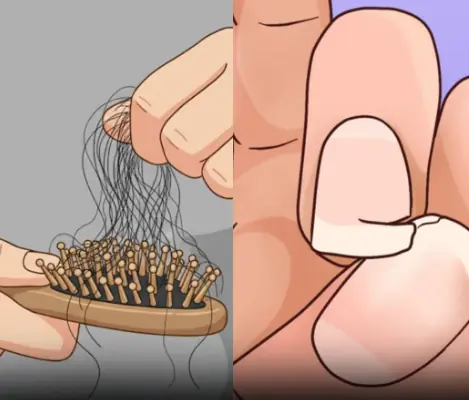
Adrenal fatigue: what it is and 17 all-natural ways to fix it fast

Important News for Everyone Who Loves a Daytime Nap
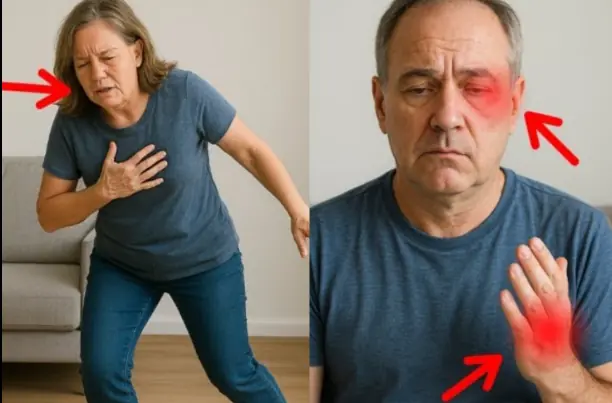
10 Stroke Warning Signs You May Notice 1 Month Before It Happens

Do your legs cramp up at night? Learn the common reasons and the best ways to prevent it.
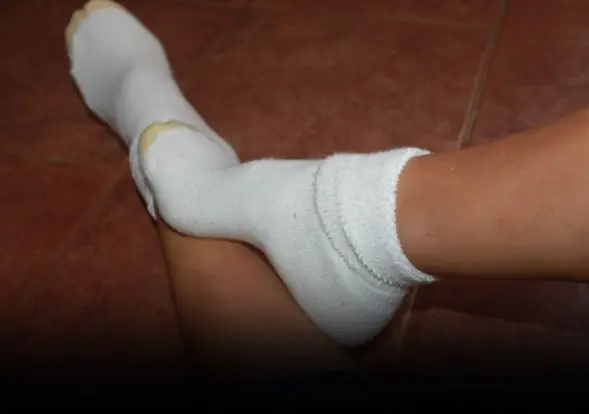
Here’s What Really Happens When You Sleep with Socks On

7 Ways How To Deal With A Cheating Husband
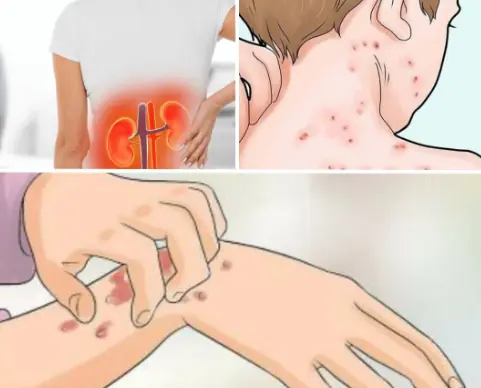
If Your Kidneys Are in Danger, the Body Will Show these 10 Signs
News Post

Before ca.n.cer develops, your hands and feet may show these 4 warning signs.

Should you keep the bathroom door open or shut when it’s not in use? Surprisingly, many people get this wrong.

7 FOODS THAT MAY HELP CAN:CER DIE DON’T WAIT TO EAT THEM

Play Experts reveal that eating bananas in the morning cause

If your heel hurts when you wake up or after standing for a long time, this is what your body is telling you.

Science backs it up: 3 fruits that fight fatty liver, regulate sugar and cholesterol

A 52-Year-Old Woman Di.ed from a Stro.ke: Middle-Aged People, Stop Doing These 7 Things

Doctors’ Warning After a Tragic De.ath: Don’t Drink These 4 Types of Water Before Sleeping Even If You’re Thirsty

Discover Love in the Little Things: Everyday Connections

Say Goodbye to Swelling

Proven Health Benefits of Walnuts, How Many to Eat, and More (Science Based)

Doctors reveal that eating APPLES causes...

Four Can.cers Discovered After a Sore Thr.oat: A Man Was Shocked to Learn That Despite Regular Exercise, Three Habits Led to His Illness

Little Black Bugs in the Bathroom? Here’s What They Are & How to Get Rid of Them for Good

Adrenal fatigue: what it is and 17 all-natural ways to fix it fast

Important News for Everyone Who Loves a Daytime Nap

Grapefruit Is Healthy and Generally Safe, but These 4 Groups Should Avoid It

10 Stroke Warning Signs You May Notice 1 Month Before It Happens

Do your legs cramp up at night? Learn the common reasons and the best ways to prevent it.
